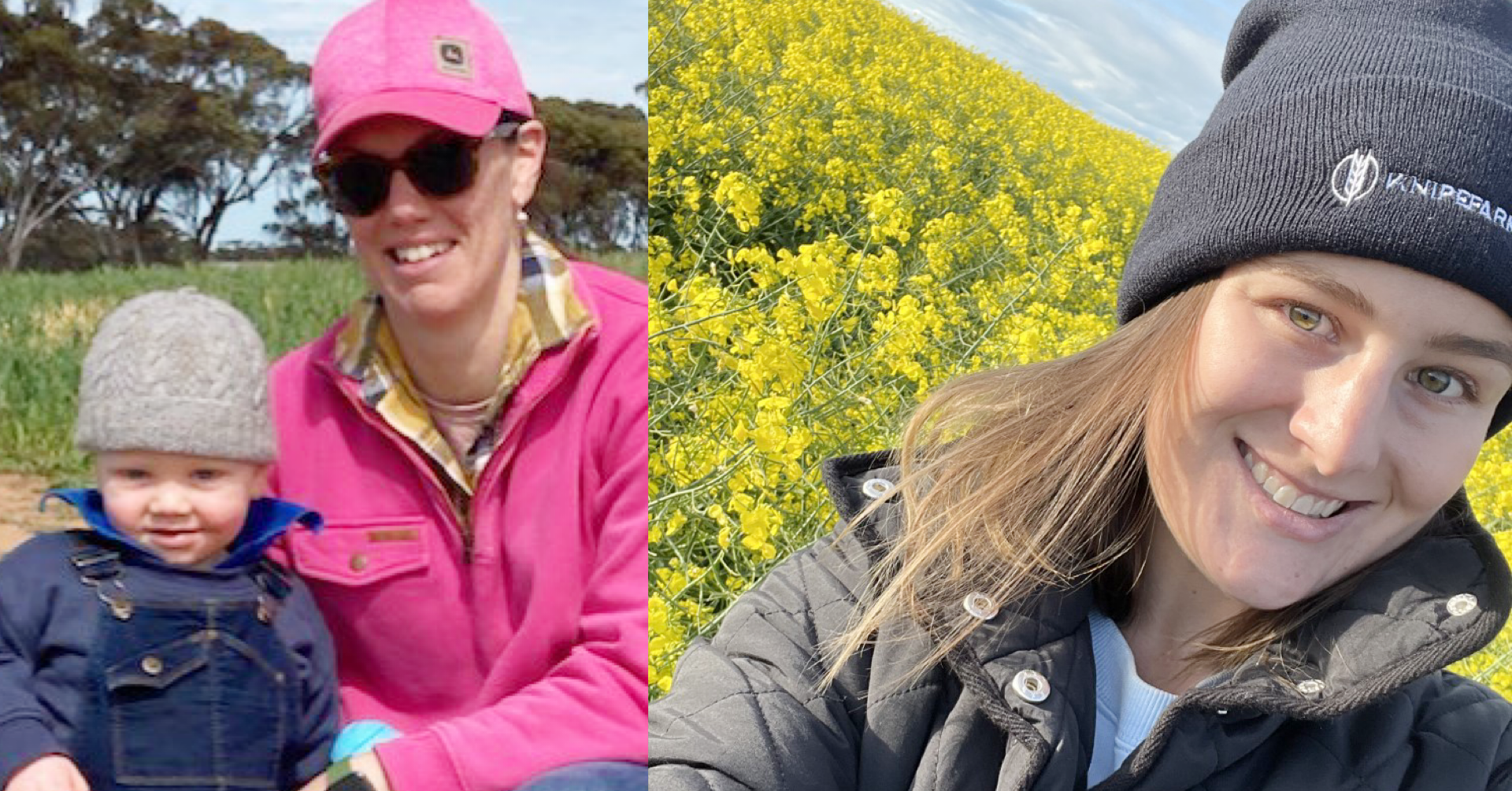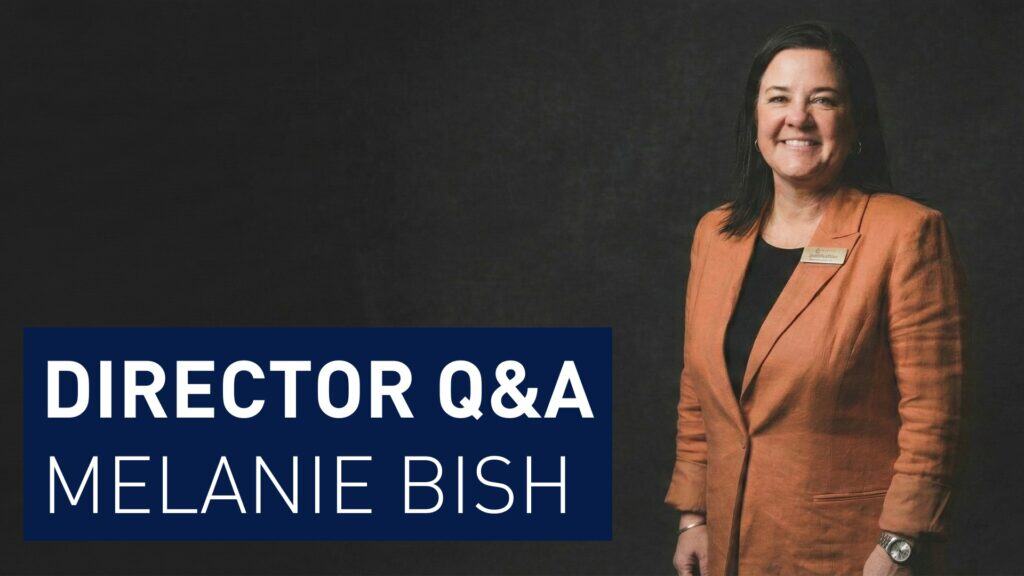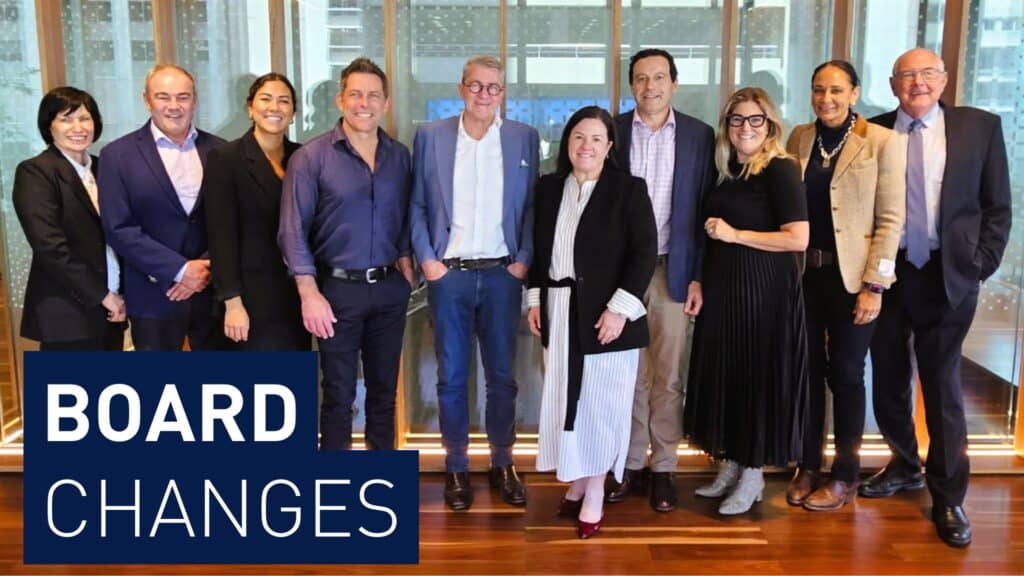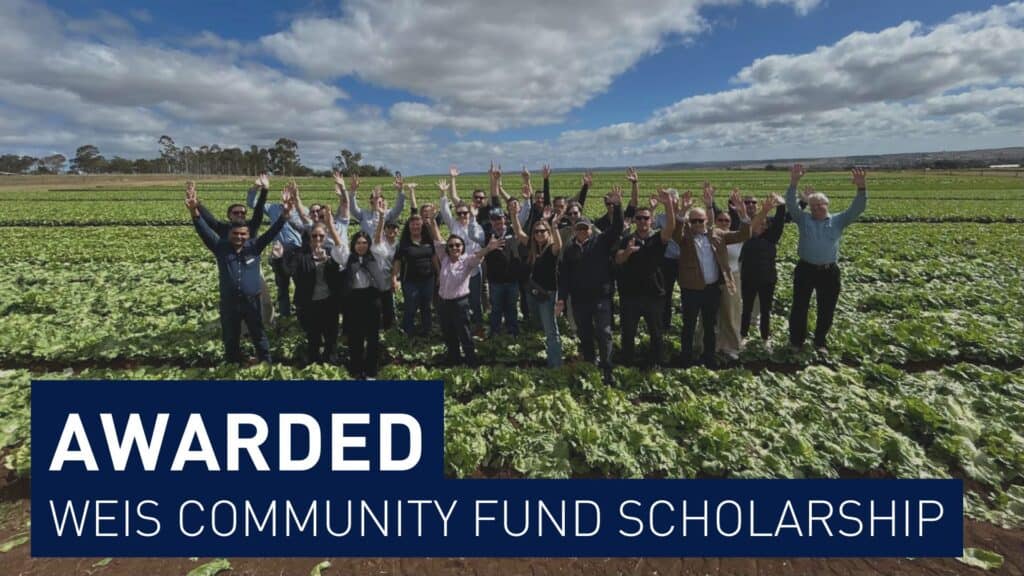If home is where the heart is, then Jorden Mills can definitely call the West Australian Wheatbelt home. Jorden was born and raised in Corrigin and has worked in the private and public sectors of agriculture. Jorden works in the local community and supports her partner on his 4500 ha family sheep and cropping farm in Northam. The Wheatbelt is where she plays sport and participates in any number of community groups, such as the Northam Women in Business and the local business chamber. It’s also where she sees her future in agriculture and on the land.
Both her family and her partner’s family farm in the Wheatbelt, a region that knows all too well the challenges the climate can bring.
“In the Wheatbelt, we’ve had such varied seasons. You never know what it is going to be like going into the next year,” Jorden said. “At the moment, we have had a stop-start harvest because it has been raining every week. Farmers are having to adapt and work innovatively to operate around changing weather patterns.”
Despite the rain-impacted season this year, when Jorden looks back, it is the dry times that stick out.
“I remember my dad having to work off-farm for a period of time. Growing up knowing your parents were going through tough times on the farm, as were the whole community, it was hard. It made you worry and stress about how you could help,” Jorden said.
Jorden also remembers the community coming together to tackle the tough times, which is one of the reasons she’s so passionate about agriculture and regional Australia. She believes building up leadership skills in the community will put it in the best position to deal with not only a changing climate but all the volatility of the ag industry.
“Ag is an ever-changing industry, and to be able to ride the wave, you need to have good resilience skills,” she said. “I would love to be a leader for regional communities and the ag industry in the future. I look at role models, and I want to be like them and give back. We need strong leaders to support our communities.”
This desire led Jorden to the Drought Resilience Leaders Mentoring Program, a Future Drought Fund initiative. Jorden was attracted to the program by the thought of gaining a mentor, but she says it was so much more than that, namely, getting to participate in monthly learning sessions and connecting with other mentees and mentors from across Australia.
“They are the connections you will value going forward, no matter where you are in regional communities. We all have things in common, so you really value those networks you gain,” she said. “Being matched with a mentor, you benefit from the insights of another person, how they are overcoming their unique challenges and taking opportunities which are often really quite similar to your own.”
Jorden’s mentor was Claire Pickles from the Mallee region of Victoria, which may be many kilometres away but not that different when it comes to the climate challenges being faced. The relationship helped Jorden build up the confidence to grasp every opportunity with both hands.
“It helped me be proud of the industry, my community and stand up for our opportunities and fight for them. It made me want to become an advocate for the ag industry.”
Claire was a fitting match for Jorden, as she is also extremely passionate about rural communities and the future of ag. Based at Mitiamo in northern Victoria, Claire works for the Birchip Cropping Group (BCG), and runs an ag contracting business with husband Rob, together with their 20-month-old son, Reginald. The research and extension officer has spent plenty of her 15 years with the BCG working on young farmer projects and was able to use that experience in her role as a mentor.
“And having been a younger person starting out in the ag industry and moving interstate, I had a lot of people help me 10 years ago, and the ability to help others in rural areas interested me,” Claire added.
Despite the distance which separates Claire and Jorden’s regions, they are currently facing some of the same seasonal hurdles.
“This year it has just been too wet,” Claire said. “It has had an impact in terms of loss of grain production, with paddocks being underwater…and an impact on local growers, as the morale and the mood really has dropped. “It was set up to be a fantastic year, so the hardest thing for growers was to see the potential is all there and watching it all be washed away and flooded.”
Living in Birchip in Victoria’s Mallee before moving to Mitiamo three years ago, Claire has also experienced her share of droughts throughout the 2000s. She said the millennium drought was sad and devastating for the community, and they found social events were particularly important, especially for younger farmers to keep the lines of communication open. Claire was eager to help others in the industry and in regional communities, which was the main reason she put her hand up to be a mentor in this program – but she said she also learnt plenty herself from the monthly webinar sessions, such as listening skills and adapting to change.
“These sessions set up both of us as a pair so that down the track, be it drought or flood, we can help others in the community,” she said.





